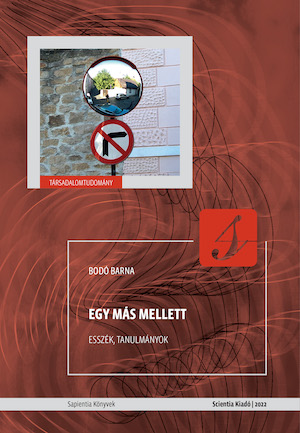KISEBBSÉGI HÍDSZEREP – TÖBBSÉGI NACIONALIZMUS. A MAGYAR NEMZETPOLITIKA BUKTATÓI
Minorities as a bridge – majority nationalism. The pitfalls of Hungarian national politics
Author(s): Barna Bodó
Subject(s): Essay|Book Review |Scientific Life
Published by: Scientia Kiadó
Keywords: Kádár era; Hungarians from Romania; communist Hungary; Gyula Illyés;
Summary/Abstract: What is the role of national minorities in interstate relations? How do different ex-communist countries relate to their ethnicities living outside the country's borders? Questions can be formulated in this context - in the present text we have analyzed the case of the Hungarians, more precisely the Hungarians from Romania. Communist Hungary completely neglected Hungarian communities in Central and Eastern European countries, according to the decision of the Hungarian leader János Kádár. The change in Hungarian politics has a starting point, namely the essay of the famous writer Gyula Illyés, published in the newspaper Magyar Nemzet, in the Christmas and New Year issues of 1977/1978. The essay presented cases of major violations of the rights of Hungarians living in minority in neighboring countries, especially from Romania. The process of reconfiguring the policy aimed at Hungarians beyond the border led to the emergence, in 1987-88, of the first institutions regarding this policy. In comparison, in Bucharest, the first steps regarding Romanians everywhere were taken in 1995, with the establishment of a commission, the government institution being organized in 1998. Even if Hungarian politics has changed radically from the years of the Kádár era, the question remains: how could it give up national interests in favor of a declared, but never-true internationalism?
Book: EGY MÁS MELLETT
- Page Range: 61-69
- Page Count: 9
- Publication Year: 2023
- Language: Hungarian
- Content File-PDF

